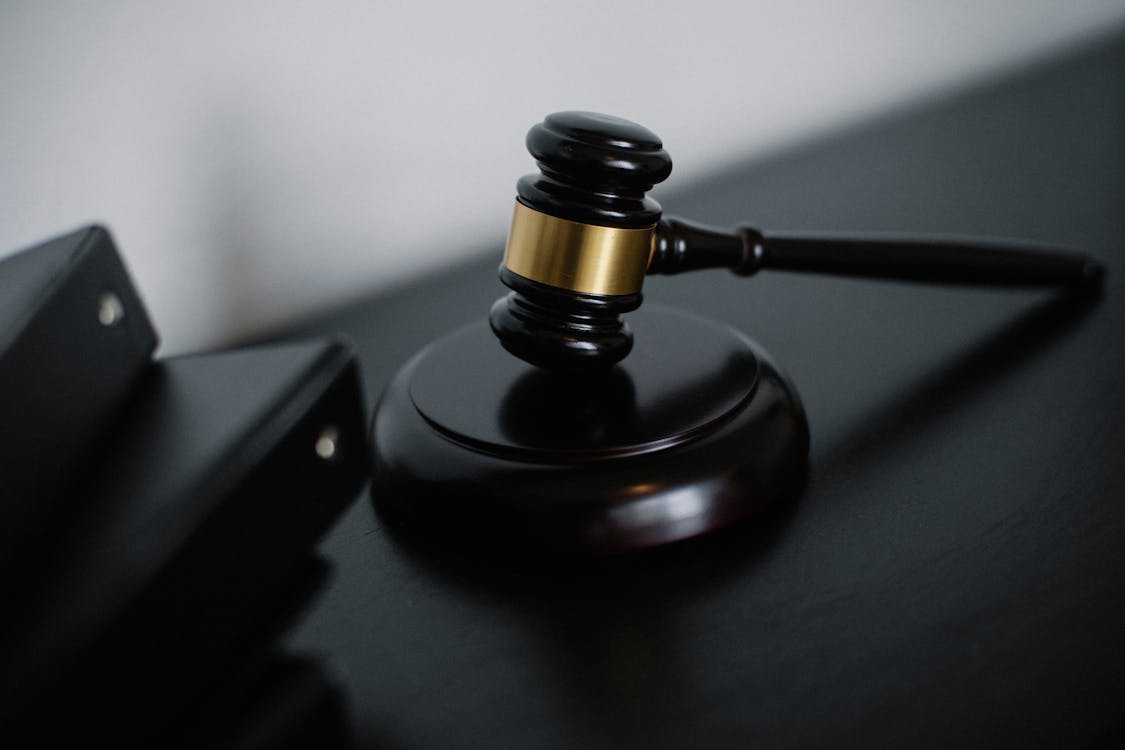 Banks Griffin
Banks Griffin
Should corporations be held to the same standard of legal knowledge as independent creators during copyright registration? As of now, the Supreme Court says yes.
United States copyright law is the means by which artists and creators receive property rights for their work.[1] Accordingly, all creators should have equitable access to the copyright system. However, copyright law is complex and “often esoteric.”[2] With this in mind, in 2008 Congress enacted a safe-harbor provision within the copyright registration statute “[t]o prevent intellectual property thieves from exploiting [mistakes in registration] . . . unless the mistake was knowingly made and the inaccuracy, if known, would have caused the Register of Copyrights to refuse the registration.”[3] The text of the copyright registration statute states that “[a] certificate of registration satisfies the requirements of this section . . . regardless of whether the certificate contains any inaccurate information, unless the inaccurate information was included on the application with the knowledge it was inaccurate.”[4]
In Unicolors, Inc. v. H&M Hennes & Mauritz, L.P., decided earlier this year, Unicolors sought “a single [copyright] application seeking registration for 31 separate works despite a Copyright Office regulation that provides that a single application may cover multiple works only if they were “included in the same unit of publication.””[5] The District Court determined that Unicolors violated the regulation because they did not know of the “single unit of publication” requirement, but their registration remained valid because of the safe-harbor provision.[6] The Ninth Circuit held that “the safe harbor excuses only good-faith mistakes of fact, not law. Unicolors had known the relevant facts, so its knowledge of the law) or lack thereof) was irrelevant.”[7]
Subsequently, The Supreme Court reversed the Ninth Circuit, holding that both mistakes of fact and mistakes of law qualify under the safe harbor provision.[8] Unicolors effectively violated the copyright registration statute through a mistake of law.[9] The Court found that “nearby statutory provisions help confirm that here ‘knowledge’ refers to knowledge of the law as well as the facts.”[10] The Court reasoned that this is “especially true because applicants include novelists, poets, painters, designers, and others without legal training. Nothing in the statutory language suggests that Congress wanted to forgive those applicants’ factual but not their (often esoteric) legal mistakes.”[11]
It is a good idea to limit barriers to entry to the copyright system for individual artist and other creators. By not allowing mistakes of law to interfere with a creator’s copyright registration, those without legal training can navigate the copyright registration system without a lack of knowledge sabotaging their creative endeavors. However, the Court fails to address a key issue here: corporations should be and are far more legally sophisticated than independent creators. If one of the intentions of this legislation is to forgive those who are not legally skilled,[12] then why is the sophistication of the parties not a factor?
Mistakes of law are not typically an excuse for noncompliance.[13] In his dissent, Justice Thomas noted that “an actual-knowledge-of-law standard . . . is virtually unprecedented except in criminal tax enforcement.”[14] Additionally, even in the event mistakes of law are an excuse, the sophistication of a party may be considered relevant. For example, the 2nd Circuit held in D.C. Comics Inc. v. Mini Gift Shop that “[t]he level of sophistication of the defendant in business is an entirely proper means of determining whether or not his [copyright] infringement was innocent.”[15]
Improving access to the copyright system by forgiving the mistakes of those who do not have the legal ability to navigate is a good thing. However, by allowing a corporation to be held to the same standard as a pro se artist or other creator, the Court’s decision potentially encourages purposefully negligent conduct by giving a license to corporations to not know the law when registering their copyrights. Parties with means need to be held to an appropriate standard, which should include, at a minimum, knowing what the legal rules surrounding copyright registration are. To do otherwise undermines the purpose of the safe harbor provision: reasonable diligence on behalf of those seeking registration.
[1] See U.S. Const. art. I, § 8, cl. 8.
[2] Unicolors Inc. v. H&M Hennes & Mauritz, L. P., 142 S. Ct. 941, 947 (2022).
[3] H.R. Rep. 110-617, p. 24.
[4] 17 U.S.C. § 411(b)(1) (emphasis added).
[5] Unicolors, 142 S. Ct. at 942 (2022).
[6] Id.
[7] Id.
[8] See Id. at 945.
[9] Id. at 945-946.
[10] Id. at 947
[11] Id.
[12] See Id.
[13] See Id. at 951-952
[14] Id.
[15] D.C. Comics Inc. v. Mini Gift Shop, 912 F.2d 29, 35-36 (2d Cir. 1990).
Image by Sora Shimazaki via Pexels
